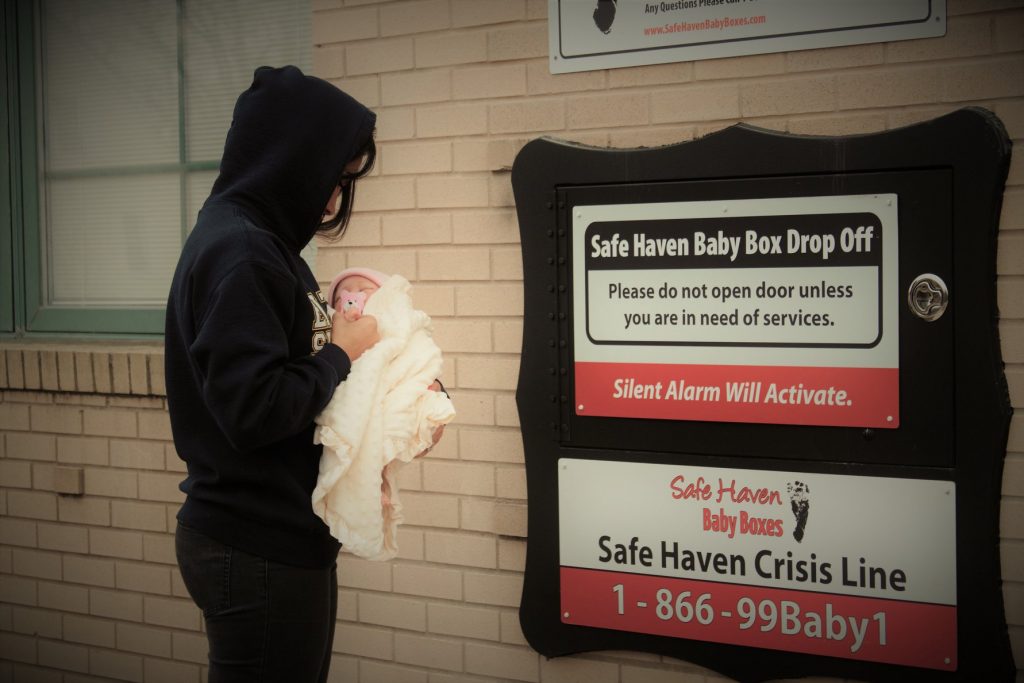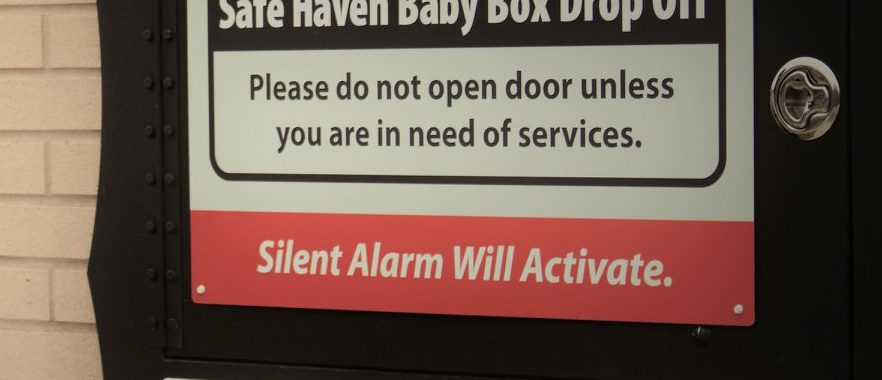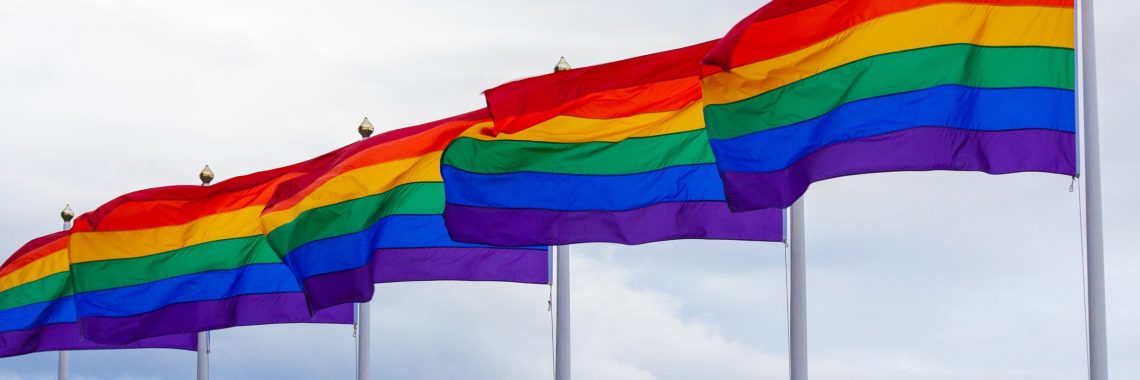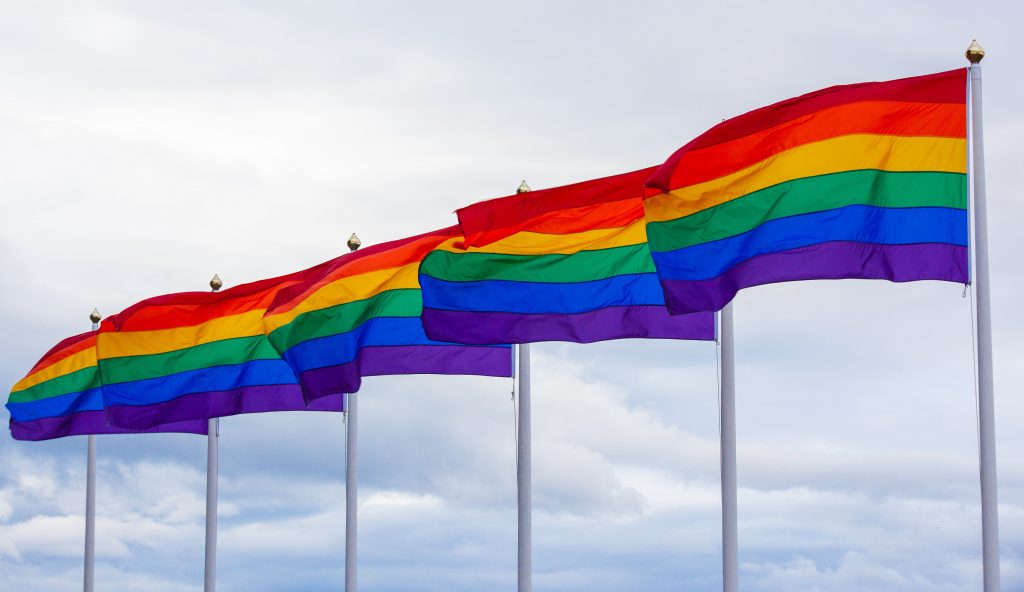On November 3 voters in several states passed ballot measures in favor of marijuana, and Oregon became the first U. S. state to legalize “magic mushrooms” for therapeutic use.
The rapid expansion of drugs in America has a number of healthcare professionals discussing the link between marijuana and psychosis.
Dr. Kenneth Finn, Pain Medicine Physician in Colorado, recently told a news outlet in San Antonio about the dangers of adolescent marijuana use, saying,
“When you’re having a fragile brain that is still developing and having negative impacts on that, some of those bridges, you cannot uncross, like the schizophrenic or the psychosis, some of that those symptoms persist even after cessation of [marijuana] use,”
The Mayo Clinic recently updated its information regarding marijuana, saying,
Marijuana use might worsen manic symptoms in people who have bipolar disorder. If used frequently, marijuana might increase the risk of depression or worsen depression symptoms. Research suggests that marijuana use increases the risk of psychosis in people who have schizophrenia.
Smoking marijuana can affect your memory and cognitive function and cause harmful cardiovascular effects, such as high blood pressure. Long-term marijuana use can worsen respiratory conditions.
And Psycom Pro, a resource for mental health professionals, writes,
Medical cannabis is not recommended [for patients with psychosis] as it can trigger and worsen psychosis in those diagnosed with schizophrenia as well as in those with an increased risk for developing schizophrenia.
A study published last year found that marijuana legalization has been linked to psychosis, suicide, and other substance abuse.
A recent study published in the Journal of the American Medical Association’s publication JAMA Psychiatry found exposure to marijuana during pregnancy was associated with psychotic behaviors, weaker cognitive abilities, and other problems in children.
Despite all of the research linking marijuana use with psychosis and psychiatric problems — particularly in children — Arkansas law lets doctors certify children to use marijuana for psychiatric conditions like PTSD.
In fact an Arkansas abortionist got in trouble with the State Medical Board for the evaluation methods he used earlier this year when he certified a 12 year old girl with psychiatric problems to use marijuana.
All of this underscores what we have said for years: Marijuana may be many things, but “harmless” simply is not one of them.
READ MORE






